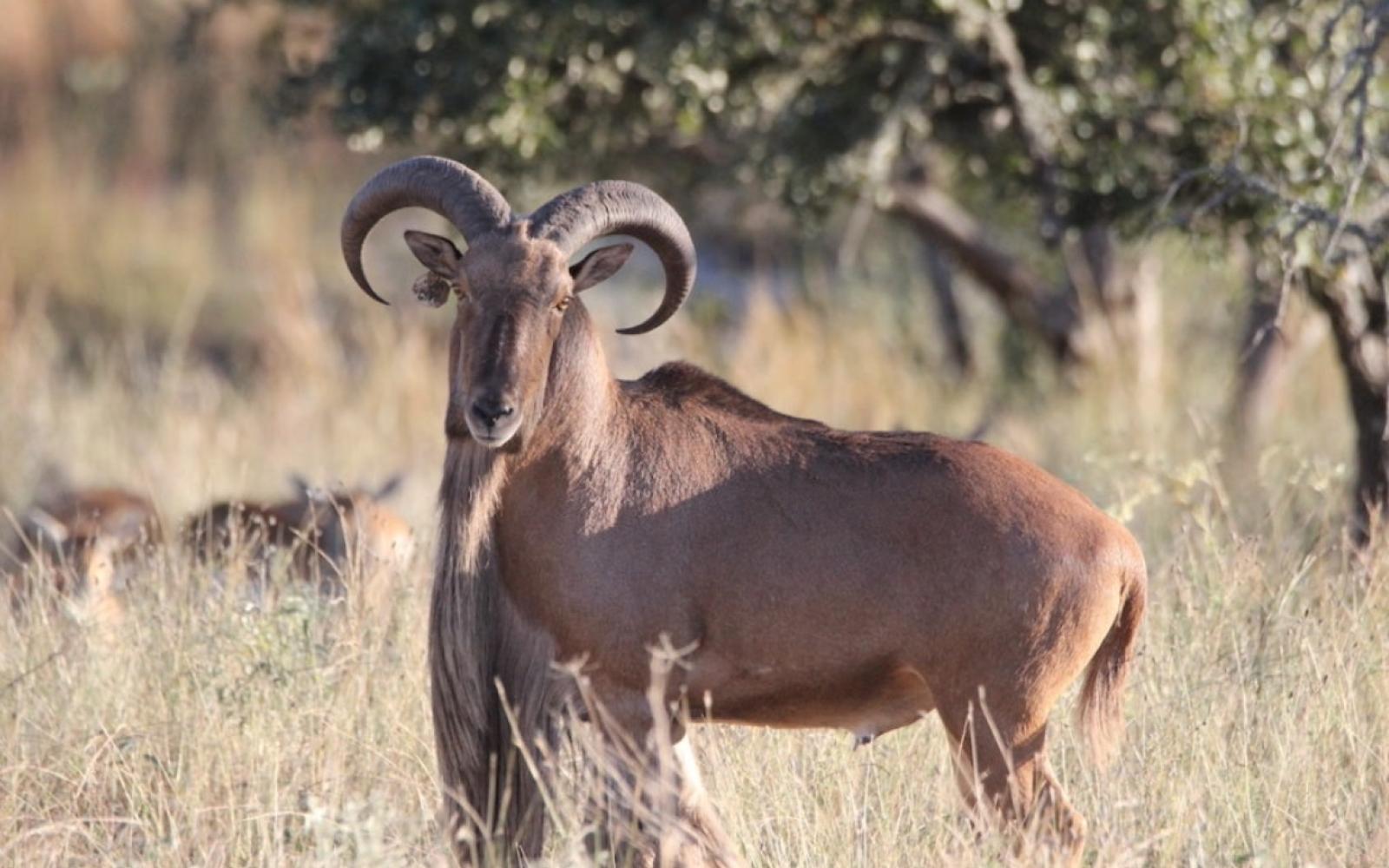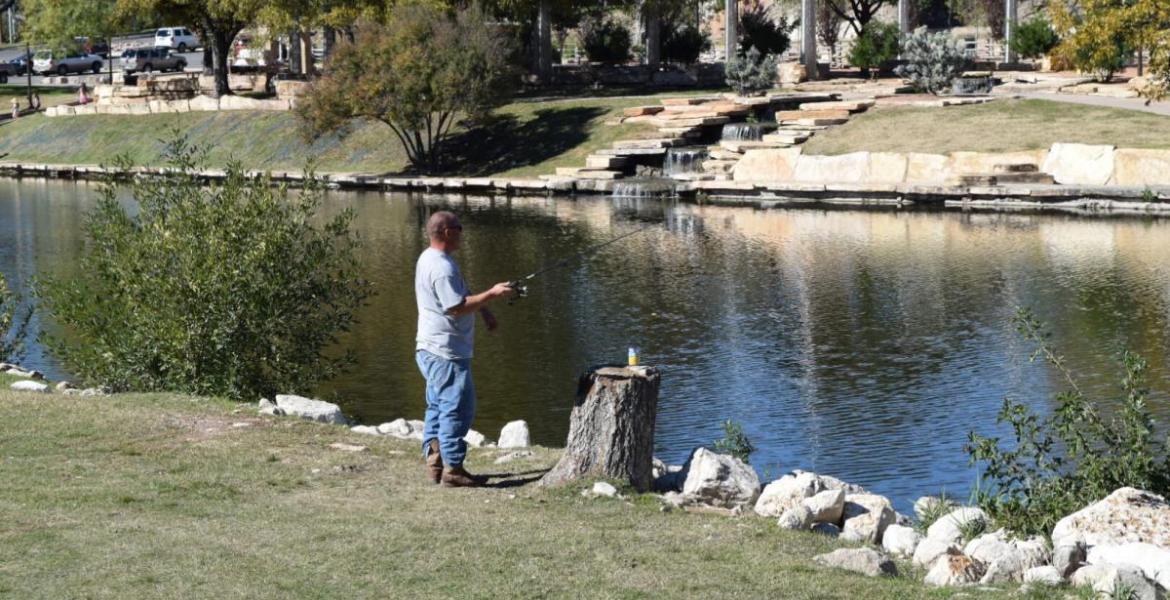AUSTIN – Texas Animal Health Commission (TAHC) officials received confirmation of anthrax in a barbary sheep, also known as an aoudad, on a premises in Uvalde County on August 18, 2022. This is the first case of anthrax in Texas this year.
The premises is located 16 miles north west of Uvalde, Texas, and has been quarantined. TAHC rules require proper disposal of affected carcasses on the premises prior to release of the quarantine.
“The TAHC is closely monitoring the situation in Uvalde County,” said Dr. Andy Schwartz, TAHC State Veterinarian and Executive Director. “Producers are encouraged to consult their veterinary practitioner or TAHC Region Office for questions about the disease in livestock and a medical professional with concerns about personal anthrax exposure.”
Anthrax is a bacterial disease caused by Bacillus anthracis, which is a naturally occurring organism with worldwide distribution, including certain parts of Texas. Anthrax cases in Texas are most often found in a triangular area bound by the towns of Uvalde, Ozona and Eagle Pass.

Aoudad Barbary Sheep (Contributed/TPWD)
It is common to see an increase in anthrax cases after periods of wet, cool weather, followed by hot, dry conditions. In this case, rainfall exposed the contaminated spores and provided opportunities for animals to inhale the spores or ingest the anthrax bacteria while consuming grass and hay. Outbreaks usually end when cooler weather arrives.
After exposure to anthrax, it typically takes three to seven days for animals to show clinical signs. Once symptoms begin, death will usually occur within 48 hours. Acute fever followed by rapid death with bleeding from body openings are all common signs of anthrax in livestock. If you see wild or exotic deer dying more than 10 animals at a time, and carcasses show bleeding that is characteristic of anthrax, move livestock away from carcasses immediately.
Owners of livestock and animals displaying clinical signs consistent with anthrax or experiencing death of animals should contact a private veterinary practitioner or a TAHC official immediately.
Producers are encouraged to follow basic sanitation precautions when handling affected livestock or carcasses. It is recommended to wear protective gloves, long sleeve shirts and to wash thoroughly afterward to prevent accidental spread of the bacteria to people. For more information on how anthrax affects humans please visit https://www.dshs.texas.gov/IDCU/disease/anthrax/Information.aspx.
An effective vaccine for livestock is available and is commonly used in areas that are prone to have anthrax. Consult a local veterinarian or a local TAHC region office for more details on vaccinating your livestock prior to being exposed to the anthrax bacteria.
Subscribe to the LIVE! Daily
Required






Post a comment to this article here: